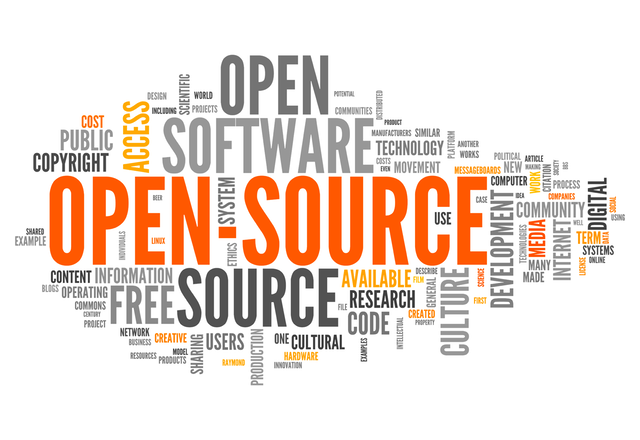
How Open Source Software Improves Lives in Developing Countries
Open source software (OSS) can improve lives in developing countries. OSS can be a powerful tool for promoting development, by providing access to technology, reducing costs, and promoting collaboration and sharing.
Cost savings: Open source software is typically free to use and modify, which can help to reduce the cost of acquiring and maintaining software for governments, businesses, and individuals in developing countries. This can be especially important in contexts where financial resources are limited.
Customization: OSS can be customized and modified to meet the specific needs and preferences of users. This can be especially useful in developing countries, where the needs and priorities of users may differ from those in more developed countries.
Collaboration and sharing: Open source software promotes collaboration and sharing, as it allows for the sharing of code and other resources. This can facilitate the exchange of knowledge and expertise, and help to build capacity in developing countries.
Access to technology: OSS can help to increase access to technology in developing countries, as it is typically freely available and does not require the purchase of proprietary software licenses. This can help to bridge the digital divide and provide more people with access to the tools and resources they need to participate in the digital economy.
Published on: Feb 03 2014 by Wayan Vota - Comments Off on Which ICT4D Projects Use Progressive Design Principles?
USAID is gathering information on ICT4D projects or activities that have embodied progressive project design principles to show how these principals can help technology...
Published on: Dec 06 2013 by Karl Brown - Comments Off on 10 Theses on Power and Efficacy of ICT4D Indulgences
I am Karl Brown, Associate Director of applied technology at the Rockefeller Foundation, and at the recent Mobiles! convening, I gave a brief talk where I highlighted...
In an effort to help promote, highlight and grow Africa coders Matt Berg created a Mapbox map which shows the location and density existing GitHub users (primarily...
Setting up a network generally means configuring a router, a UPS, maybe a NAS appliance and a few access points… Just a few pieces of equipment to serve hundreds...
You’re undoubtedly familiar with Ubuntu. An open source OS powerhouse, some argue that Ubuntu has the potential to take a sizable bite out of the cost of deploying...
Recently Priya Jaisinghani, Teressa Trusty, and I brought together a few folks to have an informal Technology Salon around the pertinent question of how can the...
At an ICT4Edu conference in Kyrgyzstan, I was treated to a yelling match between technologists and educators on the brilliance or foolishness of installing Linux-based...
Published on: Feb 14 2012 by Sabina Behague - Comments Off on The Bi-Weekly ICT4D Retrospective: Important Links for February 1-14, 2012
Made in Africa – Again! This time it’s the Cardiopad, a touch-screen medical tablet that enables heart exams to be performed in remote, rural locations...
stLight.options({publisher:'b9de7637-ad14-4428-a74a-3b3ba4db6282'});
As part of FOSS Advocacy in West Africa and Beyond – (FOSSWAY), Worlali Senyo recently...
Published on: Jul 07 2010 by Wayan Vota - Comments Off on How Open Source Software Makes Money for Coffee Grower Cooperatives
In Kenya, coffee farmers are concerned about getting a fair price for their beans, and worry about “ghost kilograms” – the undercounting of raw...










